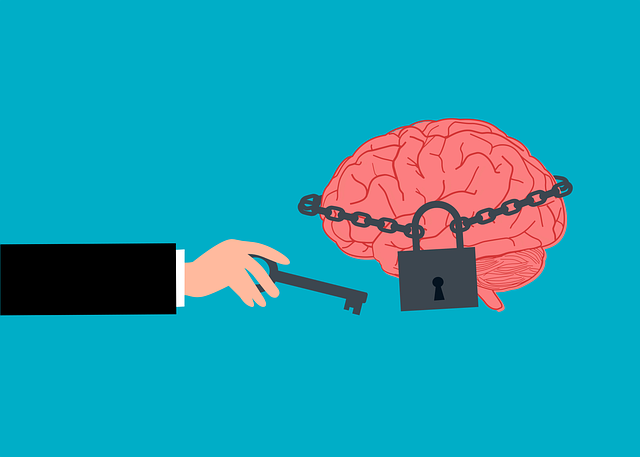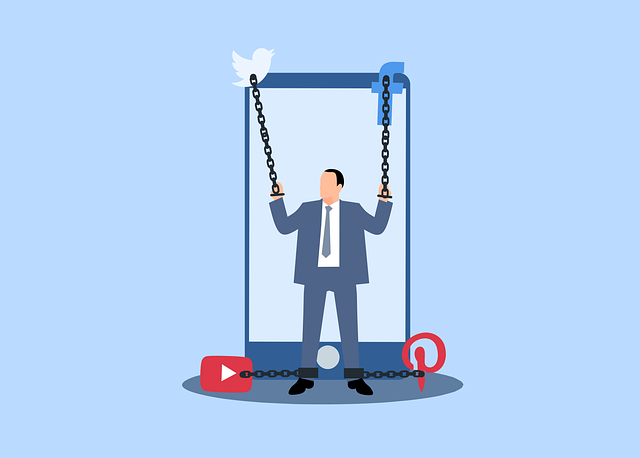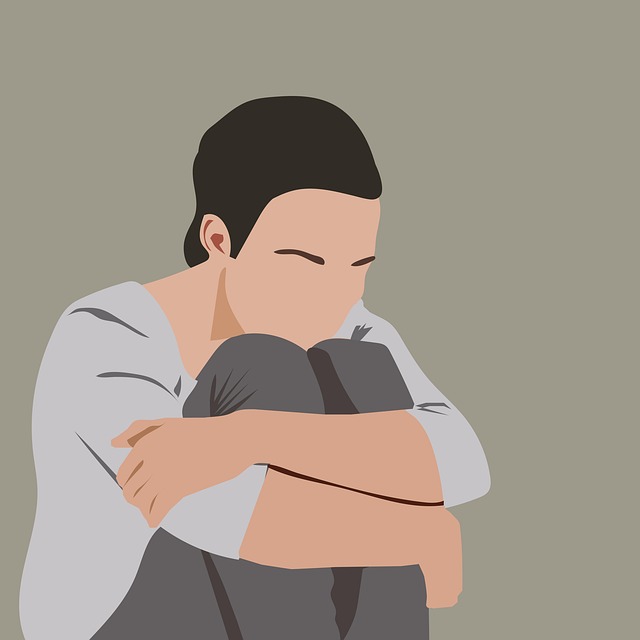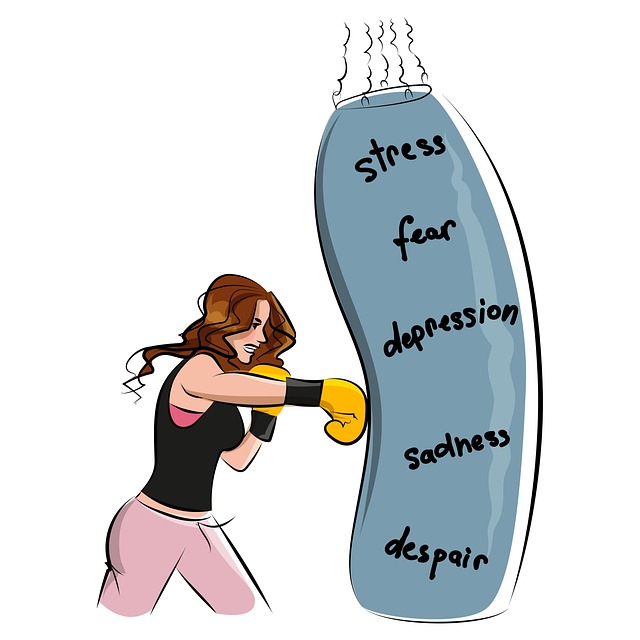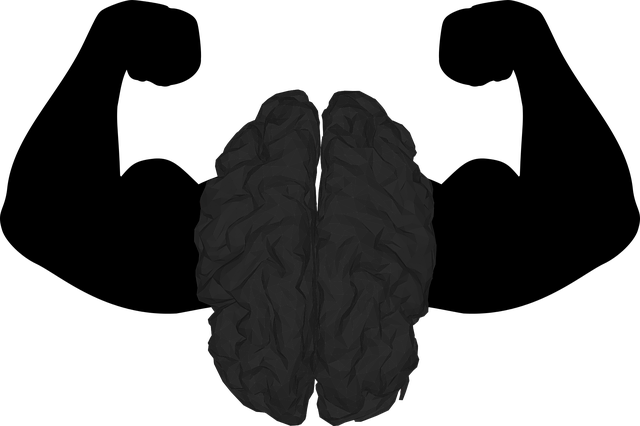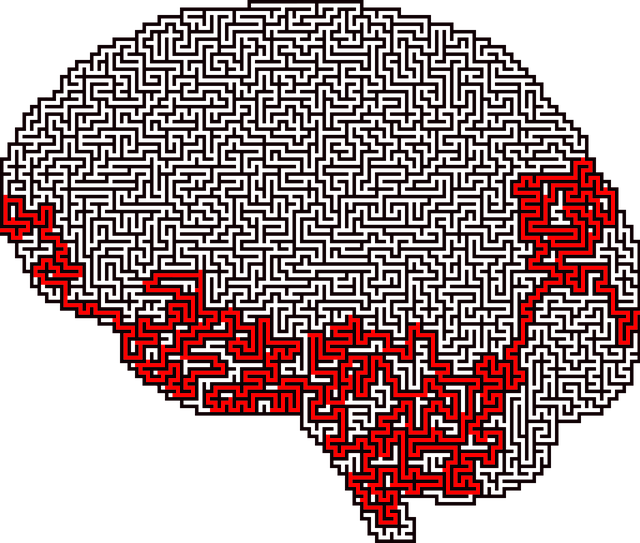Stress management is a crucial, tailored aspect of healthcare for children and geriatrics, addressing unique challenges like school pressures and aging-related stressors. For children, workshops incorporate play, art, deep breathing, and guided visualizations to teach coping mechanisms. Geriatric sessions focus on "Mind Over Matter" principles, gentle movement exercises, and group discussions. Cultural competency training is vital for healthcare providers to cater to diverse needs. Workshops create supportive environments, offering immediate relief and long-term benefits through measurable outcomes, continuous support, and access to resources like digital platforms and support groups.
Stress management workshops play a pivotal role in promoting mental well-being, especially among children and geriatrics. This comprehensive guide explores effective strategies for organizing and facilitating such sessions, catering to unique stressor challenges in these age groups. From understanding the nuances of childhood anxiety to addressing geriatric resilience, we delve into designing engaging content, employing facilitation techniques, and measuring impact. By integrating these insights, organizations can provide valuable therapy for children and geriatrics, fostering healthier, more resilient communities.
- Understanding Stress in Children and Geriatrics: A Comprehensive Overview
- Designing Workshop Content for Effective Stress Management
- Facilitation Techniques to Create a Supportive Learning Environment
- Measuring Impact and Providing Resources for Continuous Well-being
Understanding Stress in Children and Geriatrics: A Comprehensive Overview

Stress management is a critical aspect of both child and geriatric healthcare, often requiring tailored approaches. Children, despite their young age, can experience significant stress due to various factors like school pressures, peer relationships, or family dynamics. Recognizing and addressing childhood stress early on is vital for their overall well-being and mental health development. Therapies designed for children often incorporate play therapy, art therapy, and age-appropriate communication techniques to help them process and manage stress in healthy ways.
Geriatrics, on the other hand, face unique stressor challenges related to aging, such as physical health decline, loneliness, or adjustments to life changes. The concept of “Mind Over Matter” principles can be a powerful tool for geriatrics, teaching them mental resilience and coping strategies to navigate their stressors. Compassion cultivation practices have also shown promise in enhancing emotional well-being and reducing stress among older adults. Healthcare Provider Cultural Competency Training is essential to ensure that stress management techniques are delivered sensitively and effectively, taking into account the diverse cultural backgrounds and needs of both children and geriatrics.
Designing Workshop Content for Effective Stress Management

When designing stress management workshops, tailoring content to specific age groups is crucial. For children, activities should incorporate play and creativity to engage young minds while teaching them coping mechanisms. Techniques such as deep breathing exercises, guided visualizations, and empathy building strategies can be highly effective in helping children manage their stress. On the other hand, workshops for geriatrics may focus more on the physical and mental changes that come with aging, offering strategies tailored to their unique needs. Mind over matter principles, coupled with gentle movement exercises, can improve their overall well-being.
Additionally, conflict resolution techniques are valuable across all age groups, teaching participants how to navigate challenging situations with calmness and clarity. Incorporating these skills into workshop curriculum ensures that attendees leave equipped with a comprehensive toolkit for stress management. By addressing the specific needs of each demographic, workshops become more impactful, fostering a supportive environment where individuals can learn, grow, and thrive in the face of life’s stresses.
Facilitation Techniques to Create a Supportive Learning Environment

In designing stress management workshops for diverse audiences, including both children and geriatrics, facilitators must employ techniques that foster a supportive learning environment. For younger participants, interactive activities like role-playing scenarios can help them process stress in age-appropriate ways, while incorporating games and art therapy provides a lighthearted yet effective outlet for emotional expression. In contrast, when facilitating sessions for seniors, gentle exercises focusing on mindfulness and relaxation are beneficial, alongside group discussions that allow them to share their experiences and learn from one another.
Cultural sensitivity is paramount in mental health education programs, especially when considering the unique needs of different age groups. Facilitators should be well-versed in Mental Health Policy Analysis and Advocacy to ensure inclusive practices that respect diverse backgrounds, languages, and cultural beliefs. This approach not only enhances the effectiveness of stress management workshops but also promotes a sense of belonging and safety among all participants, regardless of their demographics.
Measuring Impact and Providing Resources for Continuous Well-being

Effective stress management workshops should not only aim to provide temporary relief but also focus on measuring their impact and offering resources for continuous well-being. By assessing the outcomes, organizers can understand how participants are faring in terms of emotional regulation, coping skills development, and mindfulness meditation practices both immediately after the workshop and in the long term. This data allows for adjustments to be made, ensuring that future sessions cater better to the needs of diverse groups, including children and geriatrics, who may require specialized therapy approaches.
Moreover, providing ongoing resources such as digital platforms, support groups, or follow-up sessions can reinforce the positive changes fostered during the workshop. These additional tools empower individuals to maintain their mental health journey, integrating newfound coping skills into their daily routines. Such a holistic approach ensures that participants not only learn effective strategies but also have access to continuous support for long-term emotional well-being.
Stress management workshops are powerful tools for enhancing the well-being of both children and geriatrics. By combining comprehensive understanding with practical techniques, these sessions can offer effective therapy for vulnerable populations. Through tailored content, engaging facilitation, and measurable impact assessment, organizations can create supportive learning environments that promote continuous mental health and resilience. Implementing these strategies ensures that stress is no longer an unseen challenge but a manageable aspect of daily life for all ages.



